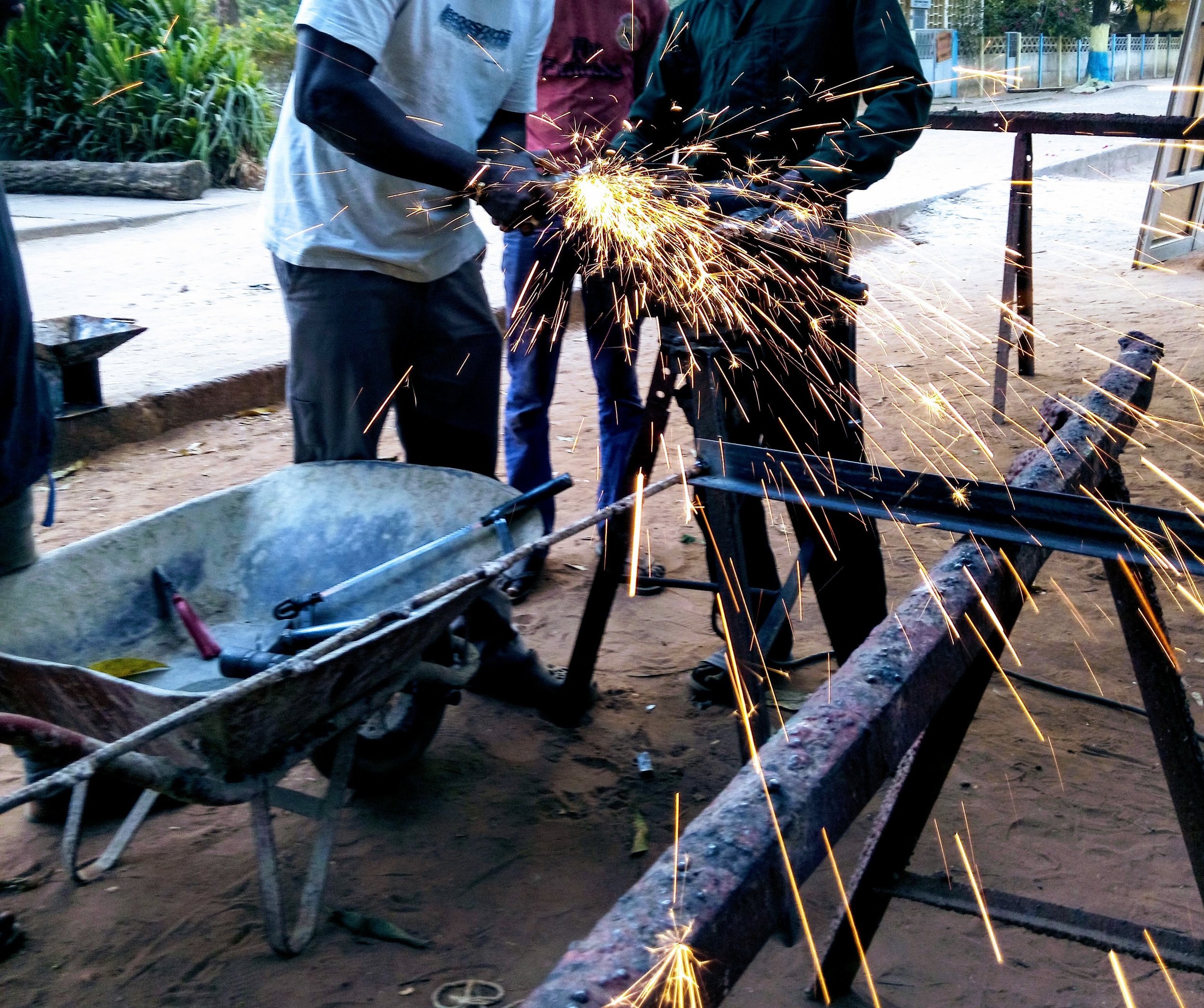
Our approach
Transforming lives through appropriate technologies
Fountain of Life is dedicated to bringing a sustainable source of safe water to those in need. Our primary work is centered on offering individuals, families or groups of families the ability to own their own borehole, which creates not only dignity but long term sustainability and self-sufficiency.
By using locally sourced materials, a little ingenuity and manual drilling techniques, the cost of having a source of safe water can be greatly reduced.
So much so, that families can afford to have their borehole including a pump installed at their own homes and no longer have to rely on contaminated community wells which are often situated far away.
Why drill boreholes this way?
By manually drilling our boreholes and designing our pumps using locally sourced materials, we are able to provide a family a source of safe water at their own home for as little as £180.
The beneficiary pays a fee, according to their ability, to support our drillers and, if needed, helps in the drilling. Once drilling is complete, Fountain of Life donates all of the materials needed to case the borehole and to fabricate a bespoke hand pump.
This pump provides on-plot, readily accessible water for drinking, cooking, washing, cleaning, and irrigation of a garden to provide a year round food source.
Because we drill by hand we can avoid the high costs of hiring or purchasing and operating a large well-drilling rig. This allows us to create an extremely inexpensive borehole. It also enables us to travel to the remotest areas.
By having a family involved in the process, they take responsibility for maintaining the borehole because they own it. By keeping the hand pump simple and made with locally available parts, if it does fail, they are able to either diagnose the problem and repair it themselves or hire us to fix it for just a few pounds.
Why is ownership important? Experience teaches us that when everybody owns something, nobody owns it, and nobody has a direct interest in maintaining or improving its condition.
Who gets a borehole?
Fountain of Life serves all in need regardless of race, religion, sex, tribe, etc. Water is a human right and we don’t want to see anyone left behind. Our area of operation is in the Southern part of Senegal which is called The Casamance.
This area has safe water available, often at depths of less than 30 meters and soil conditions that allow for manual drilling. Since machine drilled community wells usually cost around £4,000 - £6,000, the cost is too great for areas where public water supply does not reach.
Therefore, our priority is to make these areas our main focus, our desire is to help provide a way when there is no way, to fill the gaps in public water supply provision.
How much does a borehole cost?
There are two costs to the borehole – the materials and the drilling/labour. To build sustainability, our local workers must earn a living wage. Therefore, the beneficiary pays a fee depending on their ability to pay. This fee goes directly to the local drillers.
This can be a huge sacrifice for many, but it also instills a sense of ownership, investment and responsibility. For those who are unable to pay, many of them widows, we drill about 10% of our boreholes for free. As for the materials, Fountain of Life donates 100% of the materials needed to complete the borehole – which currently costs around £180 each.
Donate to our projects
None of the work that we do would be possible without people just like you. When you partner with Fountain of Life you can have a direct impact and transform people’s lives.
Since our goal is empowering locals, we do not bring mission or work teams to do the drilling. Instead we focus on providing the training, logistical support, materials and encouragement to allow locals to be agents of change themselves. However, this does not mean that we don’t need you!
Donate to our work
“Thank you for your help. Thanks to you, the cases of stomach sicknesses and Diarrhea have greatly reduced. The face of the Mpack school has changed and some students have already installed Tippy Taps at their homes.”
— Antoine Diatta, Teacher


